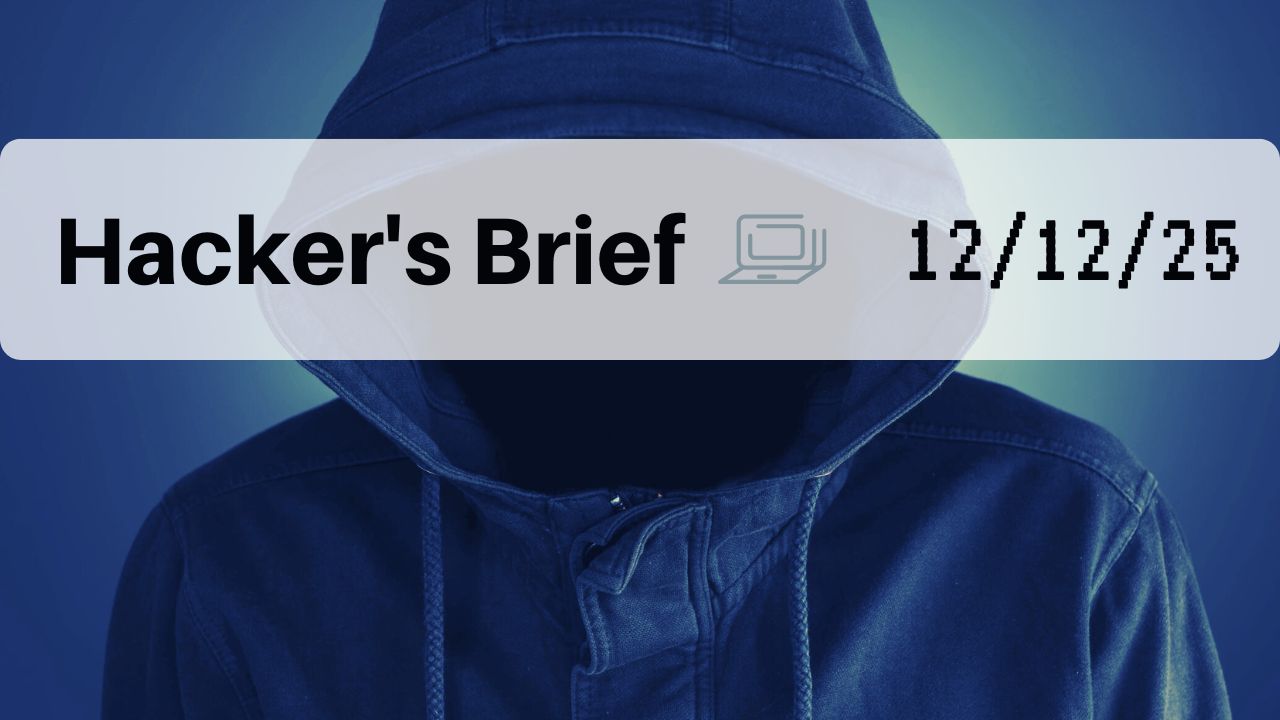
www.wyocan.org
www.cyberwyoming.org/alliance
307.314.2188, PO Box 2332, Laramie, WY 82073
American Express Impersonation Scam:
If you receive an email from American Express, look closely at the sender’s email address and make sure it isn’t a Gmail address. A Laramie citizen reported an email asking them to verify their American Express account information for a ‘routine review.’ However the citizen didn’t have an American Express card and was immediately suspicious. CyberWyoming Note: Never click on the link in an email. Instead call your customer service rep or type in your account information in a fresh browser window to check your account.
Two Amazon Impersonation Scams Reported in Sheridan:
These scams look very real with the proper branding and wording. One claims your Amazon account has been locked and there is a button to click and verify your user id and password. The second email is a follow up to the first and claims your Amazon account has been restricted because you didn’t take action. The emails are from a list.smartertravel.com domain (and we have reported the suspicious account to the real website owners), but spoofed to look like noreply@account.com.
Sublette County Business Reports Scam:
This Sublette County citizen gave a great description of the scam! Thank you! You get a window on your browser that can’t be shut down and repeatedly plays a computerized voice message saying “Critical alert from Microsoft. Your computer has alerted us that it is infected by a virus and/or spyware. This virus may be sending your credit card details, Facebook login, and personal emails to hackers remotely. Please call us immediately at the toll free number listed so that our support engineers can walk you through the removal process over the phone. If you close this page before calling us, we will be forced to disable your computer to prevent further damage to our network.” CyberWyoming Note: This is a typical tech support scam. Don’t call the number, they use their fake tech support people to search your computer for information they can use to steal from you. Restart the computer and run an antivirus scan on it after the reboot.
Facebook Marketplace Scam:
A Laramie citizen wants you to be very wary of selling items on Facebook. An aggressive, fake buyer feigned interest in what the citizen was selling and asked for the citizen’s direct cell phone number. The fake buyer, then said she needed a “Facebook authorization code” to move forward with the sale, but kept sending the citizen Google Voice authorization codes. The citizen believes that this fake buyer was trying to steal the citizen’s phone number and redirect it to a Google Voice account. CyberWyoming Note: Facebook Authorization Codes don’t exist for marketplace verification and if someone asks you for an authorization code, don’t provide it. Treat any authorization code as sensitive information.
PayPal Fake Order:
An email from a Gmail.com email address confirming order details from PayPal should definitely get your spidey sense tingling. Do not call the number in the email and, do note that the date format is day/month/year indicating that this didn’t come from the American based PayPal company. Reported by a Laramie citizen.
IRS Rule Changes in 2022:
Beginning in 2022, if you receive more than $600 in total payments from online payment services like PayPal or Venmo, then PayPal or Venmo will be required to send you a 1099-K. Whenever there is an IRS rule change, bad actors will take advantage of it so if you receive payments from one of these sites, make sure your mailing and email information is updated. And, know that if you receive a request for information from one of those online services about a 1099-K for 2021’s taxes, it is probably fake. The rule doesn’t take effect until 2022. Brought to you by KnowBe4’s CyberHeist News.
Latest Government Impersonation Scams from the Cybercrime Support Network:
Watch out for these scams:
- We recalculated your tax refund and you need to fill out this form.
- You need to pay a small fee to get your stimulus check.
- We’re calling to tell you that your identity was stolen and you need to buy some gift cards to fix it.
- We’ll cancel your Social Security number.
- This is the Bureau of Tax Enforcement and we’re putting a lien on your assets. (Bureau of Tax Enforcement doesn’t exist.)
- If you don’t call us back, you’ll be arrested.
- Click here to see details about your tax refund.
- We’re from the Taxpayer Advocate Service and we need some information.
- Click on this to see your tax transcript.
- Take this FBI survey. cybercrimesupport.org/irs-scams-how-to-spot-them-and-protect-your-business/
Data Breaches in the US News:
Samsung Galaxy’s source code was breached, so watch for malicious software in the next few months. Other organizations reporting data breaches: Adafruit, Mon Health (W Virginia), Logan Health Medical Center (Montana), NVIDIA, State Bar of CA, Oklahoma City Police Department, Meyer (employees were affected), Element Vape (credit cards on website), Extend Fertility (NYC), Red Cross, Squirrelwaffle (email hijacking), Internet Society – ISOC (members login credentials), an South Shore Hospital (Chicago).
Please report scams you may experience to phishing@cyberwyoming.org to alert your friends and neighbors.
Other ways to report a scam:
- Better Business Bureau Scam Tracker: bbb.org/scamtracker/us/reportscam
- Wyoming Attorney General’s Office, Consumer Protection 307-777-6397, 800-438-5799 or ag.consumer@wyo.gov
- File a complaint with the Federal Trade Commission at ftccomplaintassistant.gov
- Report your scam to the FBI at www.ic3.gov/complaint
- Reported unwanted calls to the Federal Trade Commission’s Do Not Call Registration. Online at donotcall.gov/report.html or call 1-888-382-1222, option 3
- Office of the Inspector General: oig.ssa.gov
- AARP Fraud Watch Network (any age welcome) Helpline 877-908-3360
- IRS: report email scams impersonating the IRS to phishing@irs.gov
- Call the Wyoming Senior Medicare Patrol (SMP) for assistance with potential Medicare fraud, abuse, or errors at 1 800 856-4398
- Victim Support: The AARP Fraud Watch Network and Volunteers of America (VOA) created a new, free program to provide emotional support for people impacted by a scam or fraud, called ReST. Visit www.aarp.org/fraudsupport to learn more about the free program and register






.jpg)

